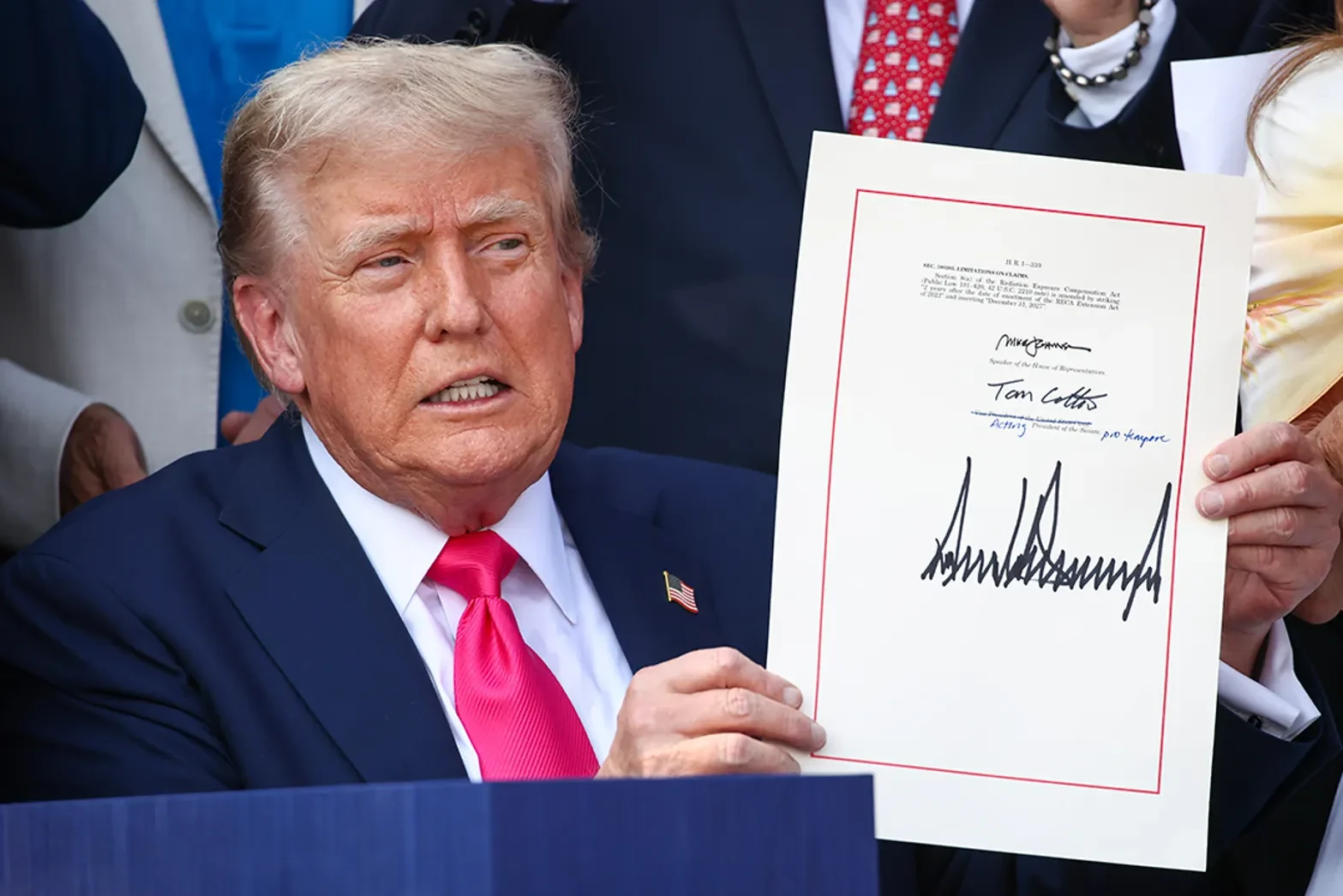In a move that has sent shockwaves through Washington and beyond, Homeland Security Secretary Kristi Noem announced during a Monday Cabinet meeting that she plans to eliminate the Federal Emergency Management Agency (FEMA) — a bold declaration that signals a seismic shift in how the United States might handle disaster relief going forward.
According to a report from The Daily Beast, Noem offered no specific blueprint during the meeting, but made her intentions crystal clear: FEMA, as it currently exists, may not be part of the future. This isn’t the first time Noem has hinted at restructuring the agency. Just last month, in an interview with CNN’s Dana Bash, she floated the idea of a total overhaul, arguing that the current model simply doesn’t serve the American people as effectively as it should.
And she’s not alone. President Donald Trump has reportedly expressed interest in pushing emergency response functions closer to the state level — a vision that appears to align with Noem’s push for decentralization. While this vision may ruffle feathers in D.C., it taps into a deeper national conversation: Should disaster relief be fast-tracked through federal bureaucracy, or should local and state governments take the reins with targeted support from Washington?
Kristi Noem was asked about eliminating FEMA:⭐️⭐️
Noem said, “I would say, yes, get rid of FEMA the way it exists today, we still need the resources and the funds and the finances to go to people that have these types of disasters, like Hurricane Helene and the fires in… pic.twitter.com/8dYYA5DfT6
— G-PA (@IndianaGPA) March 25, 2025
It’s a timely debate. Lawmakers on both sides of the aisle — like Rep. Jared Moskowitz (D-FL) and Rep. Byron Donalds (R-FL) — have introduced a bipartisan bill to restructure FEMA as a standalone Cabinet-level agency, separating it from the Department of Homeland Security. Moskowitz, a former emergency management director himself, criticized DHS for being “too big and too slow,” claiming FEMA is bogged down by red tape and bureaucratic inertia.
But beyond inefficiency, new concerns have also emerged about politicization. Elon Musk, now serving in Trump’s administration as head of the Department of Government Efficiency, recently alleged that FEMA approved a $59 million payout for luxury hotel accommodations in New York City — funds used to house illegal migrants. That action, critics argue, runs counter to Trump’s executive orders cracking down on mass illegal immigration.
Adding more fuel to the fire are reports that FEMA staffers, in the aftermath of Hurricanes Helene and Milton, were allegedly instructed to deny assistance to homeowners displaying Trump signs or flags. If proven, these accusations would raise profound ethical and legal questions, suggesting not just inefficiency but outright discrimination tied to political beliefs.
DHS Secretary Kristi Noem announces the elimination of FEMA at President Trump’s cabinet meeting today pic.twitter.com/lzipHx6x7L
— Politically Stripped ™️ (@politstrip) March 24, 2025
What we’re seeing unfold is more than a reorganization of a federal agency — it’s the reimagining of America’s disaster response system. Noem’s remarks suggest FEMA’s fate may now hang in the balance between reform and replacement. The only certainty is that the days of unquestioned federal dominance in emergency relief may be numbered, as the push for accountability, agility, and local control gains new momentum in the nation’s capital.



